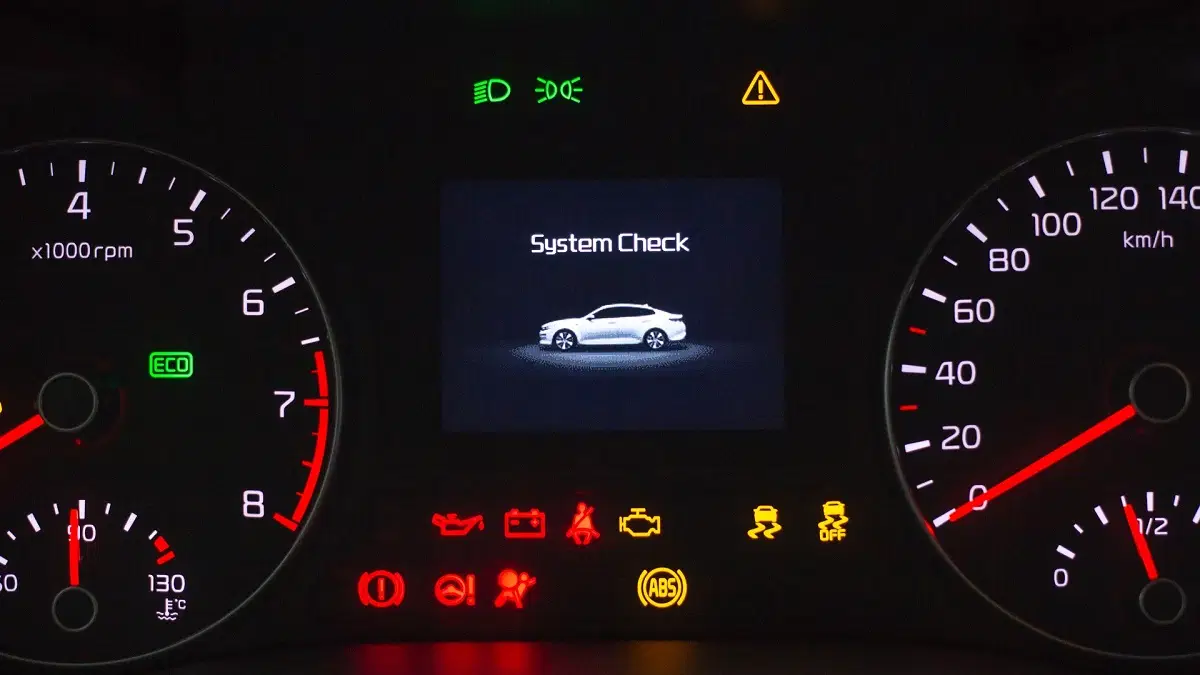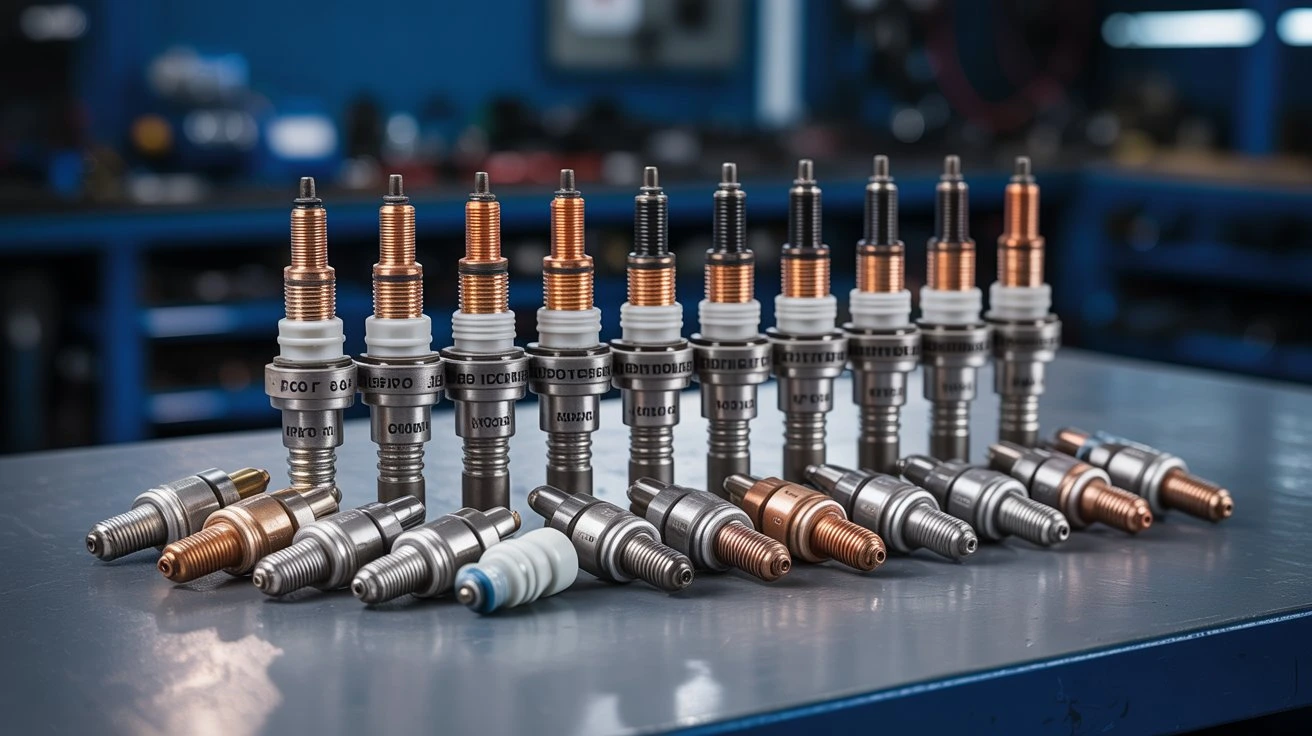
Table of Content
▼Spark plugs are an important component of your automobile's ignition system, and they burn the air-fuel mixture in your engine cylinders. It is therefore necessary to make the right type of spark plug choice to deliver optimum engine performance, fuel consumption, and engine longevity. Given that there is more than one kind available, information about the various types of spark plugs will help you to make an appropriate choice as well as extend your engine a proper maintenance.
What Do Spark Plugs Do?
A spark plug sends electricity from the ignition system into the engine’s cylinder and creates a spark that ignites the compressed fuel and air mixture. The manner in which well a plug may generate a constant spark at the right time is directly related to engine efficiency, performance, and emissions. Design and material of the plug are also directly related to its longevity and heat resistance.
Also Read: Busting Common CNG Cars Myths: What You Should Know
Main Types of Spark Plugs
Over time, automobile technology has evolved, as have designs and materials of spark plugs. What follows is a detailed look at the most common types of spark plugs:
- Copper Spark Plugs
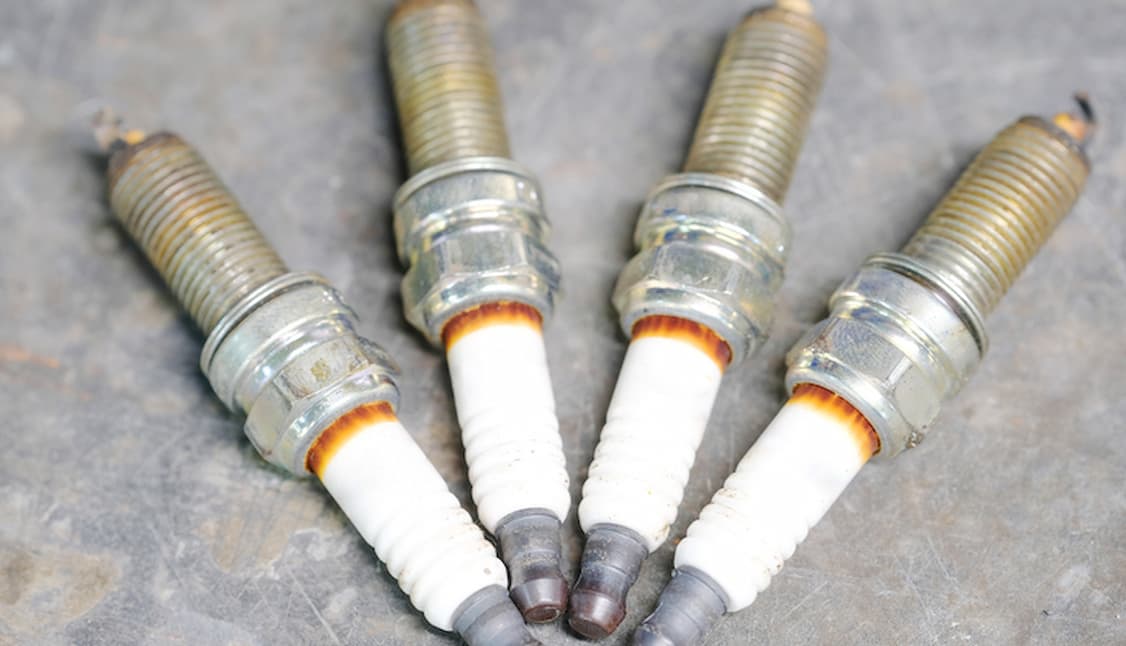
These spark plugs have a solid copper core with a center electrode coated in a nickel alloy. They are good at thermal conductivity, making them ideal for low-voltage ignition systems in vintage engines.
Benefits:
- Good conductivity
- Low cost
- Ideal for old cars as well as for specific performance applications
Drawbacks:
- Short life (20,000 to 30,000 miles)
- Wears faster with soft nickel alloy
- Single Platinum Spark Plugs
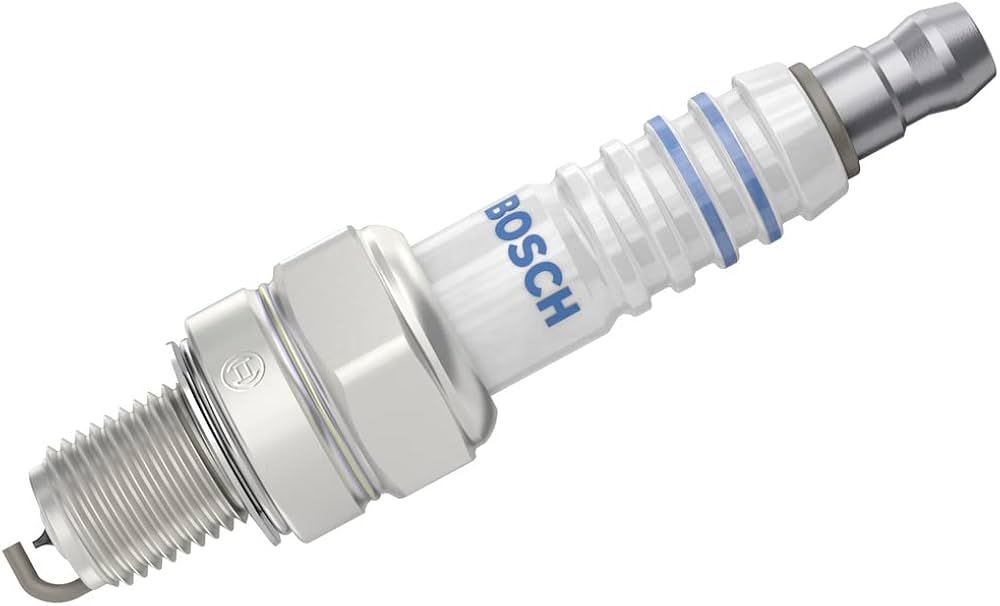
Plugs of this type contain a platinum disc welded to the center electrode. Platinum is more resistant to heat and harder compared to nickel, extending the life of the plug and holding it for a powerful spark.
Benefits:
- More durable than copper plugs (up to 60,000 miles)
- Functions well with contemporary ignition systems
Drawbacks:
- Expensive compared to copper plugs
- Is not for high-performance engines
- Double Platinum Spark Plugs
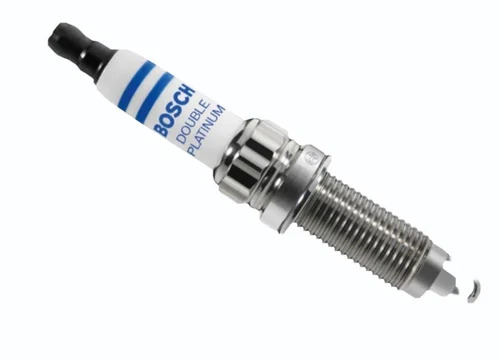
Double platinum spark plugs have platinum coating on both the center and the ground electrodes. They are most commonly used in "waste spark" ignition systems, where one plug will fire twice during one complete combustion cycle.
Pros:
- Excellent longevity (up to 100,000 miles)
- Ideal for waste spark systems
Cons:
- Higher cost than single platinum plugs
- Not required in systems that don't need it
- Iridium Spark Plugs
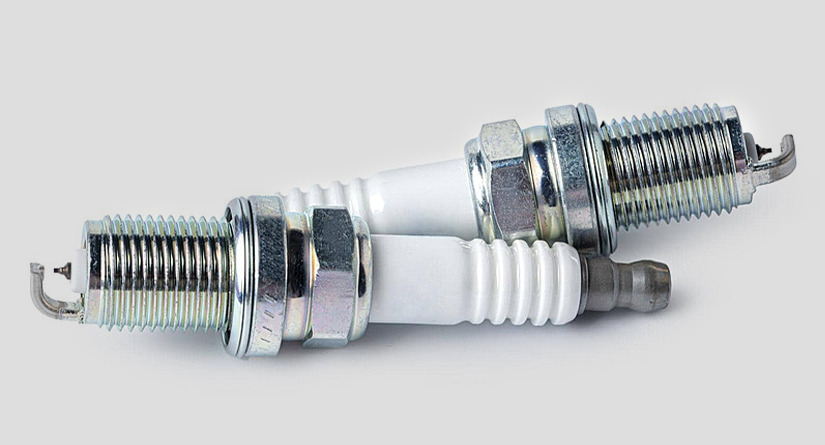
Iridium spark plugs are the ideal option. Iridium is harder and more durable than platinum and allows a thinner electrode tip which operates at a lower voltage to make an excellent spark.
Benefits:
- Longest lifespan (up to 120,000 miles)
- Excellent performance and longevity
- Ideal for today's high-performance engines
Drawbacks:
- Most costly
- Too rich for older, lower-tech engines
- Ruthenium Spark Plugs
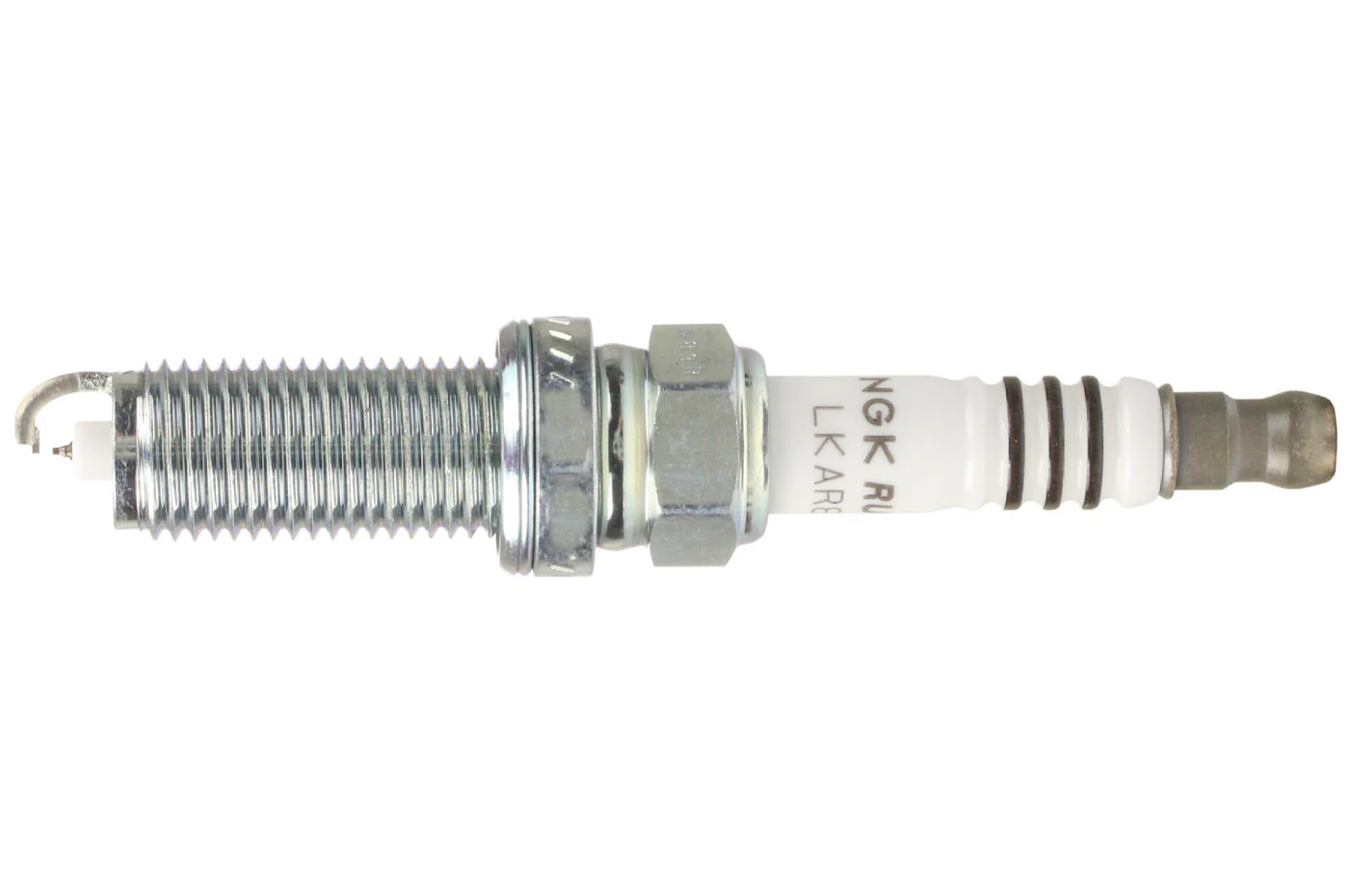
A relatively recent addition, ruthenium spark plugs advance the virtues of platinum and iridium to a higher level with even greater durability and firing strength. They are designed to meet the needs of direct-injection and turbocharged engines.
Benefits:
- High-performance
- Best suited for latest-generation engines
- Long-term
Drawbacks:
- Expensive
- Less accessible than others
Which Type of Spark Plug Is Best?
It is all about what your engine requires, your driving habits, and your budget. Below is a quick guide to allow you to make the correct decision based on the types of spark plugs available:
- Older vehicles (distributor-based systems): Copper plugs are typically sufficient.
- Newer cars (DIS or coil-on-plug): Double or single platinum plugs offer a balance between performance and cost.
- High-performance or turbocharged engines: Iridium or ruthenium plugs offer maximum efficiency and longevity.
When making the decision which kind of spark plug is best, always follow your vehicle maker's recommendations. The improper kind might cause misfires, low gas mileage, or damage to the engine.
Important Differences Among Spark Plug Types
Below is a comparison table explaining the main differences between various types of spark plugs:
|
Spark Plug Type |
Material |
Lifespan (Approx.) |
Ideal For |
Cost |
|
Copper |
Copper/Nickel |
20,000–30,000 miles |
Older engines |
Low |
|
Single Platinum |
Platinum Center |
Up to 60,000 miles |
Modern engines |
Moderate |
|
Double Platinum |
Platinum Both Ends |
Up to 100,000 miles |
Waste spark systems |
High |
|
Iridium |
Iridium Tip |
Up to 120,000 miles |
High-performance or newer engines |
Very High |
|
Ruthenium |
Ruthenium Alloy |
100,000+ miles |
Turbocharged/DI engines |
Premium |
Conclusion
Having knowledge of the types of spark plugs available today can take you a long way in your car's maintenance schedule. Whatever you desire from improved fuel efficiency, smoother operation, or more time between plug replacement, having the right spark plug is the key.
So, just what type of spark plug is best for your car? It really just depends on what your engine requires and how much you are willing to pay. If you desire the power and longevity, iridium or ruthenium plugs might be worth the cost. Copper plugs still do the trick in some applications, though, especially on older models.
Lastly, consult your vehicle's manual or a trusted mechanic to make the proper choice — and remember, properly selected spark plug leads to a well-performing engine. Understanding the different types of spark plugs ensures you make the most efficient and cost-effective decision for your vehicle.
Also Read: Reasons for Engine Overheating in Summer: Car Owners' Full Guide
Follow Autonexa Whatsapp Channel to stay updated with the latest happenings in the automobile industry.
Karan Bhatia
Karan Bhatia is an automobile expert and reviewer with 8+ years of experience test-driving cars, bikes, and EVs. He provides honest, detailed, and practical reviews that highlight performance, design, safety, and value for money. His expert insights help readers make confident choices when buying their next vehicle.
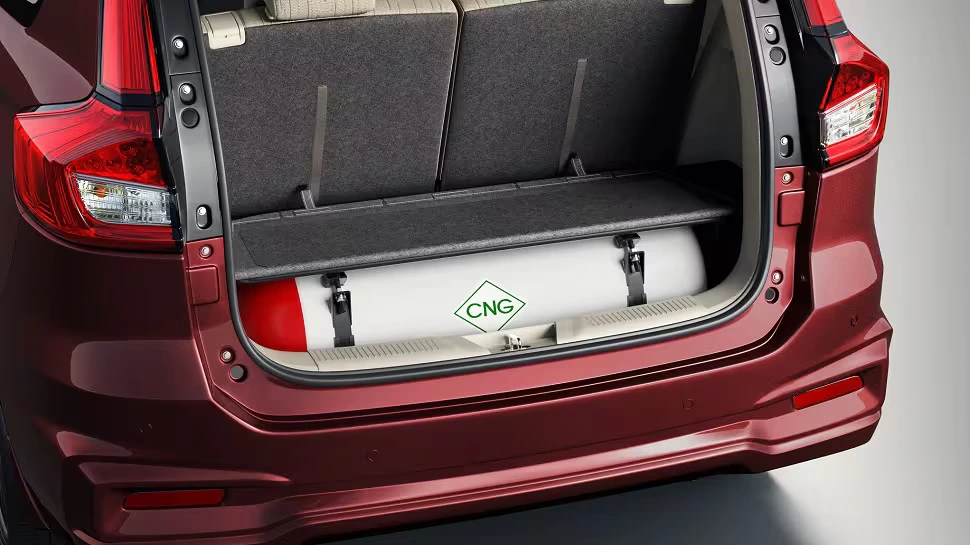




_1771411501.webp)
